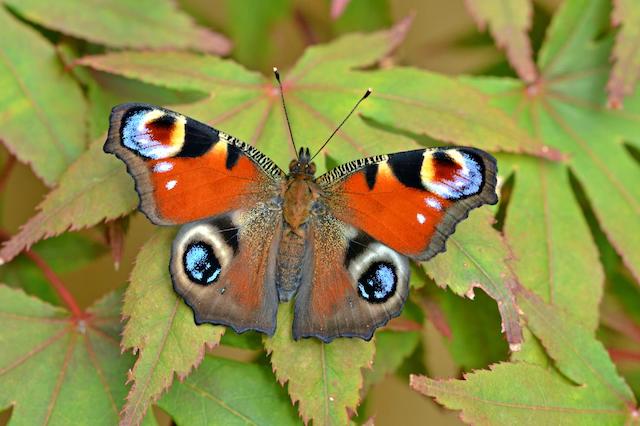<link href="https://cdn.sur.ly/widget-awards/css/surly-badges.min.css" rel="stylesheet">
<div id="surly-badge" class="surly__id_56779743 surly-badge_white-gradient" onclick="if(event.target.nodeName.toLowerCase() != 'a' && event.target.parentElement.nodeName.toLowerCase() != 'a') {window.open('https://sur.ly/i/parentingwithouttears.com/'); return 0;}">
<div class="surly-badge__header">
<h3 class="surly-badge__header-title">Content Safety</h3>
<p class="surly-badge__header-text">HERO</p>
</div>
<div class="surly-badge__tag">
<a class="surly-badge__tag-text" href="https://sur.ly/i/parentingwithouttears.com/"> parentingwithouttears.com </a>
</div>
<div class="surly-badge__footer"> <h3 class="surly-badge__footer-title">Trustworthy</h3> <p class="surly-badge__footer-text">Approved by <a href="https://sur.ly" class="surly-badge__footer-link">Sur.ly</a> </p> </div> <div class="surly-badge__date">2023</div>
</div>

Leading wildlife charity Butterfly Conservation is today calling on people across the UK to take part in this year’s Big Butterfly Count (12 July to 4 August) and help scientists understand how climate change is moving butterflies.
After analysing 50 years of data, researchers have discovered a clear northward spread for many species, including common garden favourites the Peacock, Comma and Holly Blue, the result of climate change creating warmer habitats for them to survive in.
Another species on the move is the Jersey Tiger. Previously found only in south-west England, the striking day-flying moth has in recent years been spotted as far north as central London, gaining its spot in the Big Butterfly Count in 2021. And at the other end of the scale, species such as the Scotch Argus in Scotland are retreating northwards to stay in the cooler climes this butterfly prefers.
Butterflies are indicators of the health of our natural environment – and with half of Britain’s butterfly species already threatened or near threatened with extinction, it’s never been more important to understand how these species are responding to the changing climate and to take action to protect them.
To help scientists discover more about the movement and trends of where butterflies are living, the public is being asked to spend 15 minutes in any sunny spot and record the number and type of butterflies they see this summer.
Butterfly Conservation’s Big Butterfly Count is the largest citizen-science project of its kind and is a positive action everyone can do to help collect important scientific data, as well as enjoy time outdoors, connect with nature and have fun.
Whether done with friends and family, or in a moment of quiet calm and solitude, the Big Butterfly Count is free, fun and takes just 15 minutes. It is open to anyone, of any age, in any part of the UK – towns, cities or the countryside. No green space is too small – a back garden, a small terrace or balcony with some pot plants, a public park, allotment, or country lane are all important spaces to explore, track and report.
This year’s Big Butterfly Count runs from Friday 12 July to Sunday 4 August, 2024.
For more information and to take part simply visit Big Butterfly Count or download the free Big Butterfly Count app.